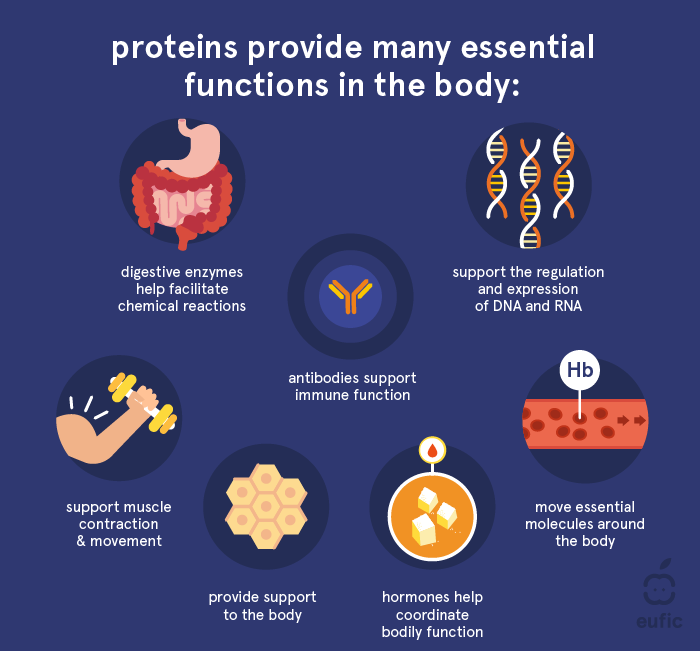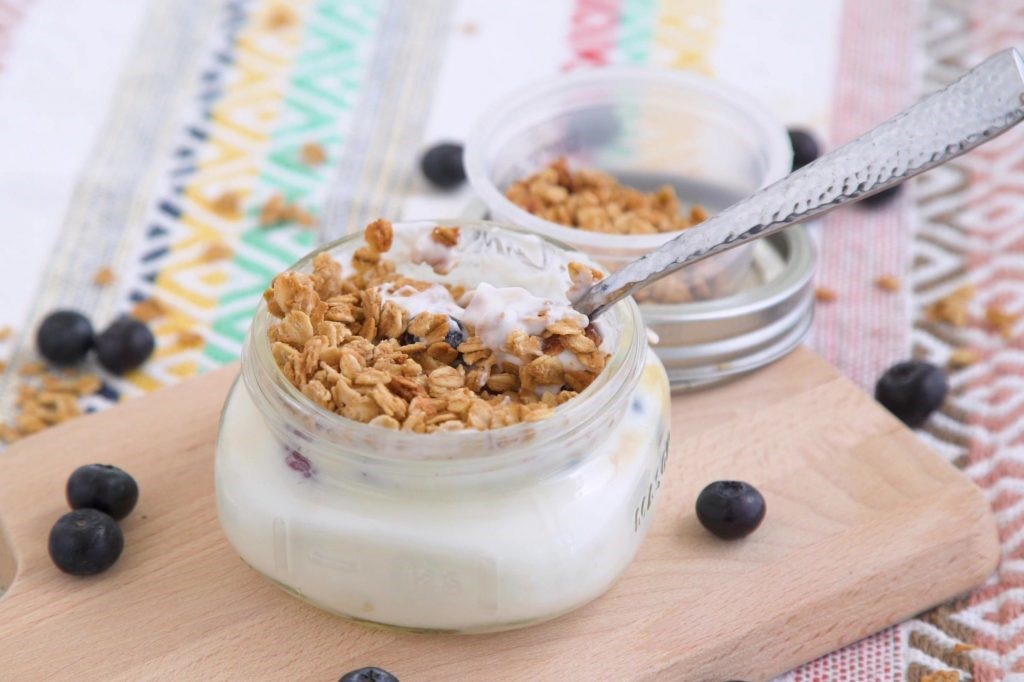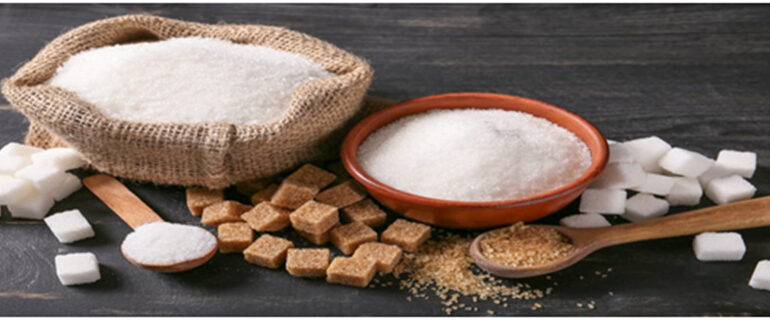NEWSLETTER
RELIANCE IMPERIAL PHARMACY
SUMMER 2023
Vamsikrishna Bhavana
How to Add Healthy Protein to Your Diet
What Is Protein?
If you have ever been on a diet or spoken to somebody about nutrition, you have undoubtedly heard the word protein before. While many people know protein is essential, they may not know what it is.
The proteins we eat are made up of different amino acids—the building blocks of protein. These amino acids are what the body uses for various functions, from forming certain hormones to building specific proteins within the body. So, when the body digests the whole protein that we get from our juicy hamburger or a hearty lentil soup, the amino acids that make up that protein are absorbed and used by cells for many functions.
20 amino acids make up proteins, and each one is categorized as essential, nonessential, or conditional:
- Nonessential amino acids are the ones our body can make. They don’t have to be included in the diet.
- Essential amino acids are the ones our body can’t make. Therefore, they need to be obtained via the diet.
- Conditional amino acids are essential in times of illness and stress. So their classification of being essential is dependent.
Regardless of whether a person is a carnivore or follows a vegan lifestyle (or somewhere in between), getting all of the essential amino acids that the body needs is possible, as long as they choose the right foods.
What Can Protein Do for You?
When people think of protein, thoughts of bodybuilders trying to sculpt the perfect muscles may come to mind. But protein is so much more than a weightlifter’s BFF. Protein, or rather the amino acids that makeup protein, plays many essential roles in the body, including:

- Promotes satiety and, therefore, may support weight-management goals
- It may decrease the risk of developing high blood pressure
- Supports injury recovery
- Reduces the risk of developing sarcopenia (age-related loss of skeletal muscle)
- It helps keep the immune system functioning
How Much Protein Do You Need?
While protein is such an essential nutrient to eat, that doesn’t mean that you should be eating loads of it daily. The amount of protein you need depends on a few factors: weight, age, sex, and health status.
Generally speaking, most healthy adults require 0.8 grams of protein per kilogram of weight. This translates to 55 g per day for a sedentary man of average weight and 45 g per day for a passive woman of average weight. You may need to increase your protein consumption if you are physically active, pregnant, lactating, or recovering from specific injuries or surgeries.
Protein is an essential nutrient. Are you getting enough of the good stuff?
If not, try these innovative ways to add more healthy protein to your daily diet
1. Snack on Nuts
If you’re regularly reaching for a bag of chips when snack time rolls around, you’re missing an opportunity to add some healthy protein to your day. Instead of chips, snack on nuts or seeds.

Peanuts, walnuts, almonds, pecans, pumpkin seeds, sunflower seeds, and similar nuts and seeds are packed with protein — not to mention healthy fats — making them an ideal snack for most days.
2. Try Eggs for Breakfast
Eggs are one of the most potent healthy protein sources for breakfast. Many common breakfast foods, such as waffles, pancakes, and cereal, are heavy on carbohydrates but light on protein.

Eggs don’t fit that description, and that’s why they’re an intelligent swap if you’re trying to get more healthy protein in your diet.
3. Make Your Yogurt Greek
Not all yogurt is created equal when it comes to protein. Greek yogurt packs much more protein per serving than other yogurts. As an added bonus, it’s also often lower in added sugar. So, next time you’re craving some yogurt, go Greek to get more protein.
4. Dip Veggies in Peanut Butter
Peanut butter is a healthy source of protein and fat, and it’s excellent as a dip for veggies like carrots and celery. If your go-to veggie dip is cream-based, try peanut butter on your next veggie tray instead. You’ll get a lot more protein and just as much flavor.
5. Eat More Whole Grains
Whole grains like whole wheat, brown rice, quinoa, barley, and similar grains provide many health benefits. One of the most under-appreciated benefits of whole grains is that they come with much more healthy protein than their non-whole counterparts.

So, go for the whole grain version when buying bread or choosing a grain to cook for your next dinner. In addition to more protein, you’ll get more fiber and vitamins to boot.
Talk to your healthcare provider before making any significant changes to your diet.



